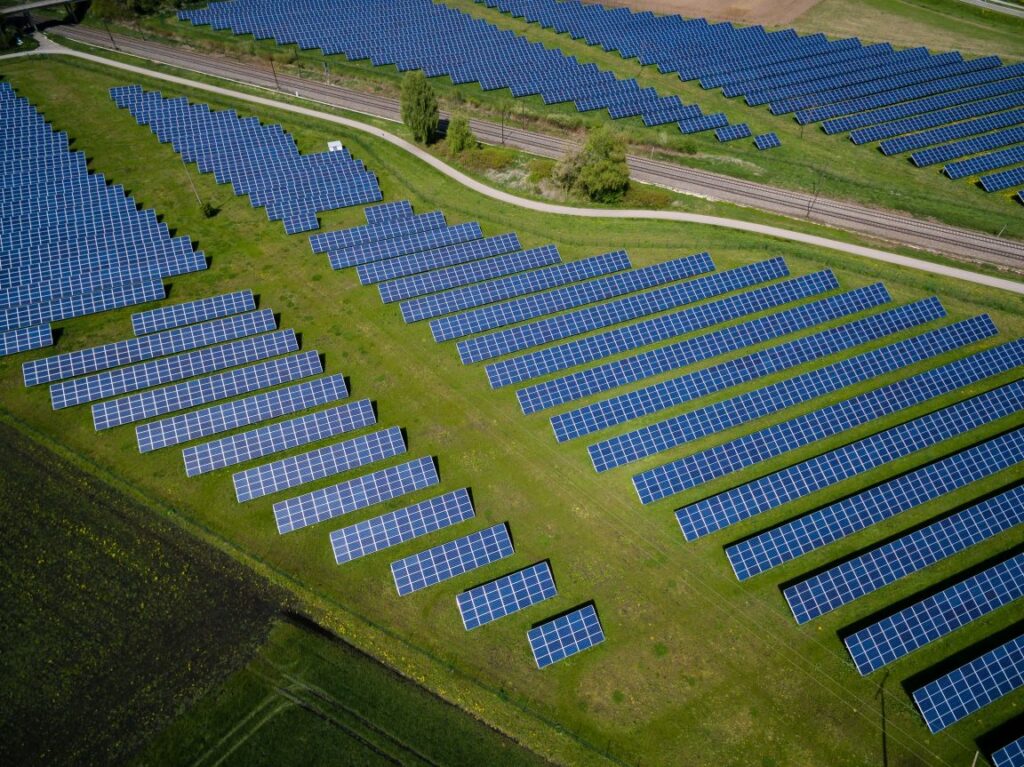Arnergy, a Nigerian startup specializing in distributed renewable energy products and solutions, has secured $3 million in additional funding. The bridge financing was provided by All On, an off-grid energy impact investment firm backed by Shell.
This new investment arrives five years after Arnergy, known for offering solar power systems to both homes and businesses, raised a $9 million Series A round in 2019. All On was a participant in this round as well, alongside other investors such as Bill Gates’ Breakthrough Energy Ventures, ElectriFI, and Norfund.
Launched in 2013 by founders Femi Adeyemo and Kunle Odebunmi, Arnergy embarked on its journey to provide sustainable energy solutions, aiming to supply clean and dependable energy to both businesses and homes. The company designs its energy systems specifically to address the challenges of intermittent power supply and grid unreliability, empowering clients across various sectors—including hospitality, education, finance, agriculture, and healthcare—to adopt and implement cost-effective and reliable distributed energy systems.
Prior to securing its Series A funding, Arnergy successfully installed over 2MW of electrical capacity for upwards of 2,000 customers. Furthermore, through securing $4 million in debt financing from a mix of local and international lenders, including the Bank of Industry in Nigeria, the company has been able to expand its reach, deploying over 7MW of solar photovoltaic (PV) systems and establishing more than 20MW of lithium battery energy storage solutions (BESS).
Despite significant progress, the energy sector in Nigeria faces considerable hurdles. The country boasts a grid capacity of 12 GW, yet only a small portion of this is available to consumers, leaving many Nigerians without dependable electricity access. A large number of people depend on self-supplied power via petrol or diesel generators, which predominantly use fossil fuels, leading to health and environmental concerns. The recent elimination of fuel subsidies, soaring diesel costs, and tough macroeconomic circumstances highlight the critical need for energy cost reductions for both retail and business consumers. Although solar systems represent a prevalent alternative, a gap between demand and supply persists, a gap Arnergy is keen to fill, motivated by the current conditions in the local energy market.
Arnergy’s CEO Adeyemo mentioned in a TechCrunch interview, “Capital efficiency has been crucial for Arnergy. We weren’t interested in raising funds just for the sake of it,” he said. “We were looking for certain indicators, such as the end of fuel subsidies, reaching grid parity in terms of grid prices, and the rise in diesel costs, to re-enter the market. These factors combined essentially provided us with the cues we needed, based on the benchmarks we established during our last fundraising.”
Adeyemo has highlighted that the Nigerian market is now at a point where solar energy is becoming a cost-effective alternative to traditional grid power. Back in 2019, solar power solutions were not considered financially practical by many in Nigeria. However, the current pricing of petrol, diesel, and electricity from the grid has led to a surge in the demand for solar systems. Despite the hurdles created by fluctuations in exchange rates, there’s been a worldwide reduction in the cost of solar panels and lithium batteries. Adeyemo mentioned that if it weren’t for the exchange rate variations, lithium prices in Nigeria could have been much lower. He also noted that the cost per kilowatt-hour for lithium batteries has dropped from $400 in early 2023 to $250 per kilowatt-hour today.
This shift in market dynamics led Arnergy to secure new funding for expansion and to revise its sales strategy. Historically, the company has generated 75% of its revenue from direct sales over leases. Adeyemo notes that customers previously perceived long-term leasing options, which spread costs over time, as more costly compared to using petrol or diesel generators. However, with diesel prices soaring by up to fivefold, the economics of long-term leasing have become more favorable than before.
“Given the now appealing cost-effectiveness, we are enthusiastic about focusing on leases. We’ve experimented with this approach and observed a reduced risk of default due to the monthly costs associated with petrol or diesel. Now, these expenses can essentially be replaced with solar energy. This was not the case four years ago, when even a five-year lease-to-own plan for solar was more expensive.”
Arnergy is setting its sights on leveraging the current momentum towards the foreseeable future. In Nigeria, its main market, the prospect of achieving stable electricity remains dim in the short term. This challenge is juxtaposed against the rising inclination for solar energy in regions with high grid reliability, such as Europe, the U.S., and Australia, even as some rebates are phased out.
As a clean tech enterprise that has seen its revenues surge tenfold in the past five years and now in its 10th year, Arnergy aims to continue its offerings across Nigeria’s 36 states through partnerships with mini-grid developers. Moreover, the company is on the verge of closing its Series B funding round within this quarter. This critical financial milestone is intended to support Arnergy’s strategic plans for expanding its footprint and hastening the uptake of its renewable energy offerings, both within Nigeria and internationally.
Source: https://www.techinafrica.com/arnergy-lands-3m-for-solar-expansion-in-nigeria/

